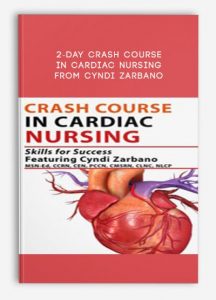 2-Day Crash Course in Cardiac Nursing from Cyndi Zarbano
2-Day Crash Course in Cardiac Nursing from Cyndi Zarbano
More information about Medical:
Medicine is the science and practice of establishing the diagnosis, prognosis, treatment, and prevention of disease.
Medicine encompasses a variety of health care practices evolved to maintain and restore health by the prevention and treatment of illness.
Contemporary medicine applies biomedical sciences, biomedical research, genetics, and medical technology to diagnose, treat, and prevent injury and disease,
typically through pharmaceuticals or surgery, but also through therapies as diverse as psychotherapy, external splints and traction, medical devices, biologics, and ionizing radiation, amongst others.
Medicine has been around for thousands of years, during most of which it was an art (an area of skill and knowledge) frequently having connections to the religious and
philosophical beliefs of local culture. For example, a medicine man would apply herbs and say prayers for healing, or an ancient philosopher and physician would apply bloodletting according to the theories of humorism.
In recent centuries, since the advent of modern science, most medicine has become a combination of art and science (both basic and applied, under the umbrella of medical science).
While stitching technique for sutures is an art learned through practice, the knowledge of what happens at the cellular and molecular level in the tissues being stitched arises through science.
Outline:
DAY 1
Cardiovascular Assessment: Critical Clues You Should NEVER Miss
- Impending Doom: Recognizing the Red Flags
- Neck Vein Evaluation
- What Does the Blood Pressure Really Mean?
- Don’t Miss a Beat Interpreting Heart Sounds
- Significant Murmurs
- Rapid Stabilizing Interventions
Life-Threatening EKG Changes: Clues From the 12-Lead
- Location, Location, Location! Anatomy of the 12-Lead
- 3 Rules of Recognition
- Cardiac Axis: Meaning & Assessment
- Recognition of RBBB & LBBB
- STEM I & NSTEM I – What’s the Difference
Fast & Slow Dysrhythmias
- Choosing Your Monitor Leads Wisely
- Identifying AV Passive & Active Tachycardias
- Aberrant Pathways
- Atrial Fibrillation with WPW
- AV Node Re-entry Rhythms
- Mono and Polymorphic V-Tach
- Heart Blocks
- Critical Nursing Actions
Cardiovascular Drug Cabinet from A to Z
- The Latest Updates & Recommendations
- Medications that Impact Cardiac Output
- Vasoactive Medications
- Medications that Impact Clotting
- Treating Hyperlipidemia
- Management Strategies for Hypertension
- Nursing Implications for Administration
- Polypharmacy
- Precautions with the Elderly Patient
DAY 2
Acute Coronary Syndrome: Diagnosis & Management Guidelines
- STEM I vs. NSTEM I Treatment Strategies
- Critical Cardiac Labs
- EKG Interpretation: Identifying the Differences
- Urgent vs. Emergent Interventions
- Managing Complications
The Failing Heart: Acute Management Priorities
- Systolic vs. Diastolic Heart Failure
- Classification Systems
- Acute Medication Protocols
- Nursing Considerations With:
- Biventricular Pacing
- Implantable Cardioverter Defibrillators
- Intra-Aortic Balloon Pump
Cardiac Emergencies: Risk, Recognition, & Response
- Bedside Assessment Clues
- Key Interventions for:
- Pulmonary Embolus
- Myocardial Rupture/Tamponade
- Tension Pneumothorax
- Aortic Dissection
- Critical Thinking Checkpoints
Emergency Interventions for Atrial Fibrillation
- Critical Decision-Making: The Decompensating Patient
- Pharmacological Management Strategies to:
- Control Rate
- Control Rhythm
- Prevent Stroke
- Current Treatment Recommendations:
- Cardioversion
- Ablation
- Surgical Intervention
- Key Nursing Assessments & Interventions
Description:
- Take the Fear & Intimidation out of Cardiac Assessment
- Master EKG Interpretation
- Sharpen Your Crisis Management Skills
- The Cardiovascular Drug Cabinet: The Latest Updates & Recommendations
- Management Strategies for Life-Threatening Cardiac Conditions
- Practical Tips & Tools to Use the Very Next Day!
You MUST be able to identify cardiac issues in their early stages and respond appropriately to avoid life-threatening complications. Even many seasoned nurses remain confused by the complexity of the cardiac system and feel insecure in their assessment and analysis of rhythms and EKGs. Attend this comprehensive program and gain the skills and knowledge you need to manage any situation. Cardiac expert, Cyndi Zarbano, breaks down the most complex cardiac disorders and will provide you with practical tools and tips that are guaranteed to increase your confidence when caring for this challenging population. Your patients depend on you; don’t miss this opportunity to become a CARDIAC EXPERT!
- Imagine the Confidence you will have in your knowledge and ability to quickly assess complex cardiac patients.
- Imagine the Respect you’ll gain from your colleagues and patients when you respond rapidly and effectively in crisis situations.
- Imagine the Satisfaction you will feel knowing that your advanced skills saved the life of your patient.


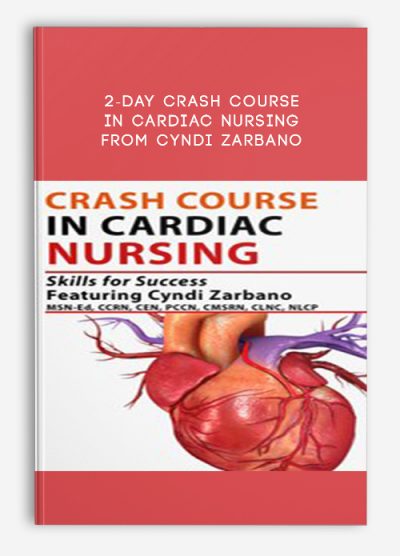
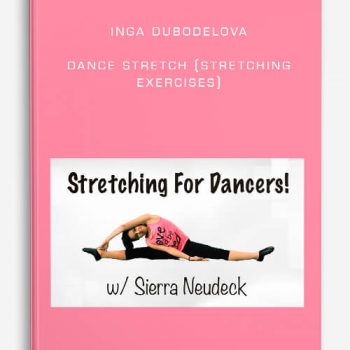
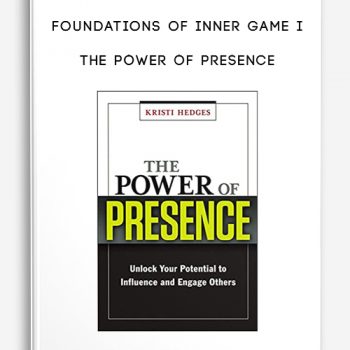
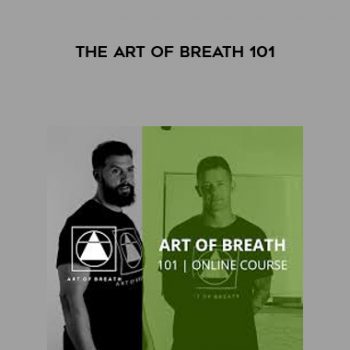
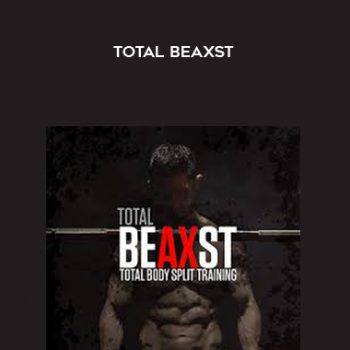
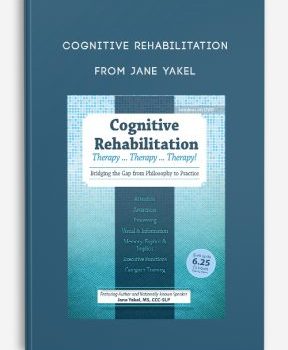
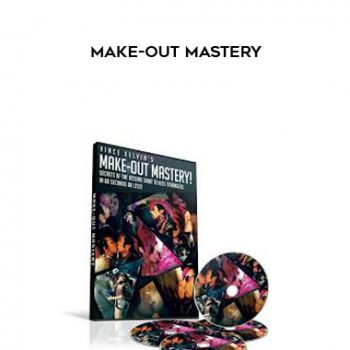


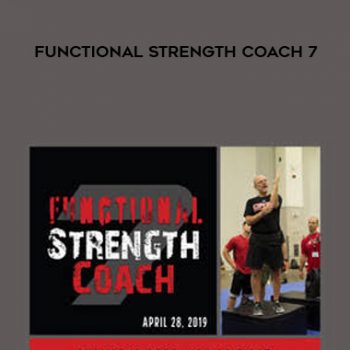
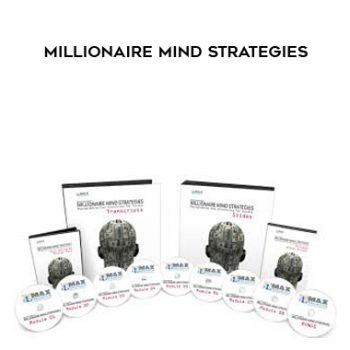
tristian –
This is Digital Download service, the course is available at Coursecui.com and Email download delivery.